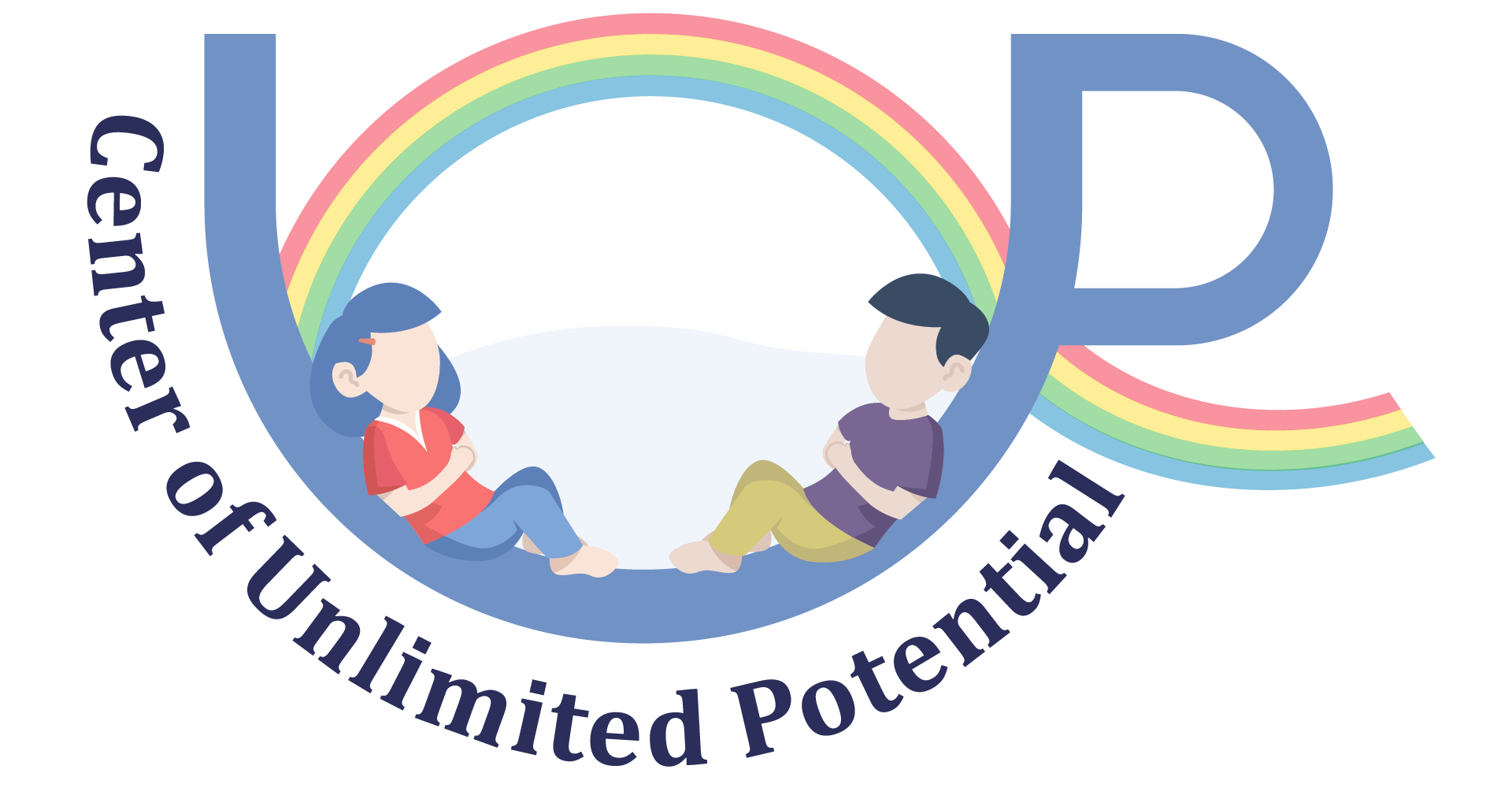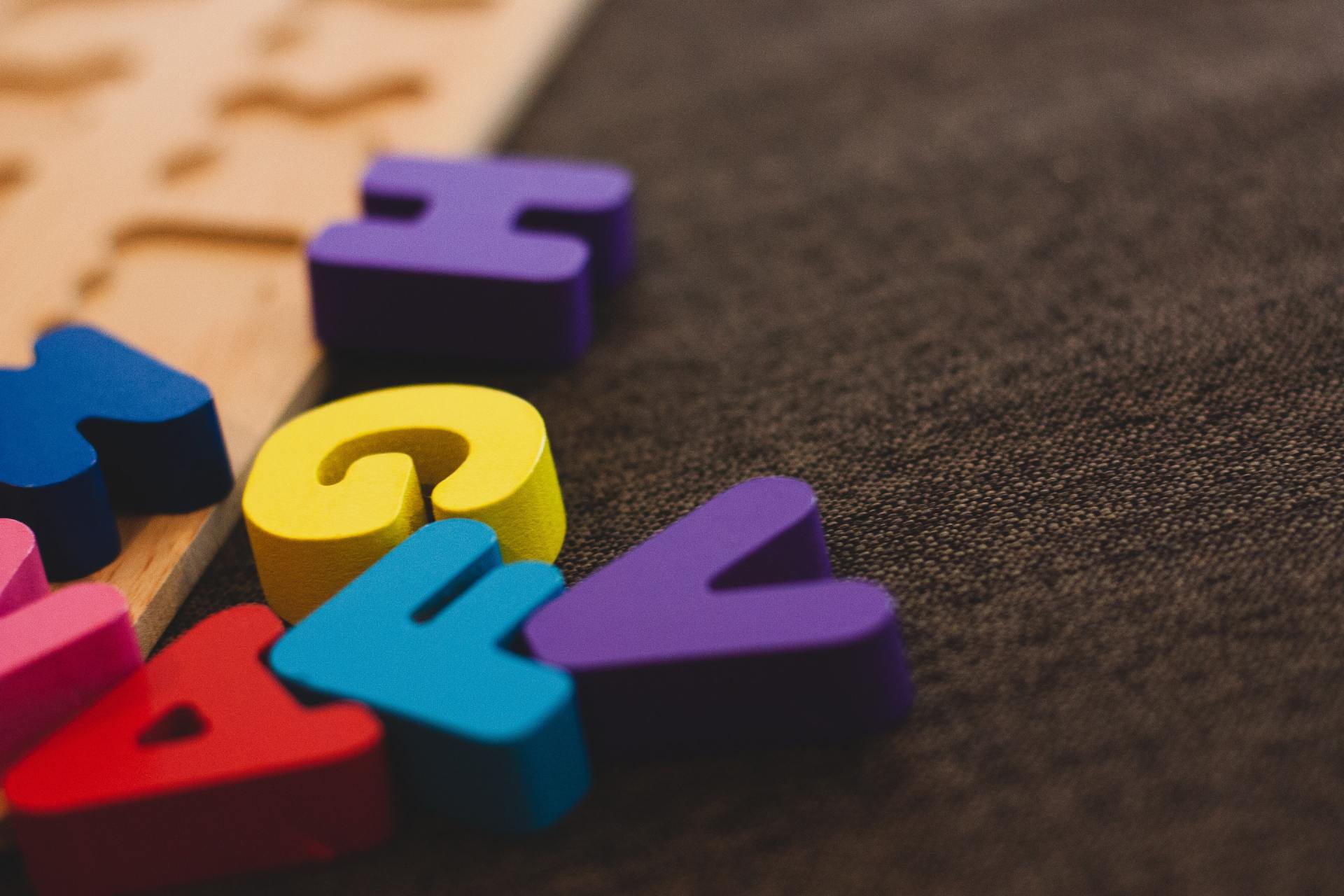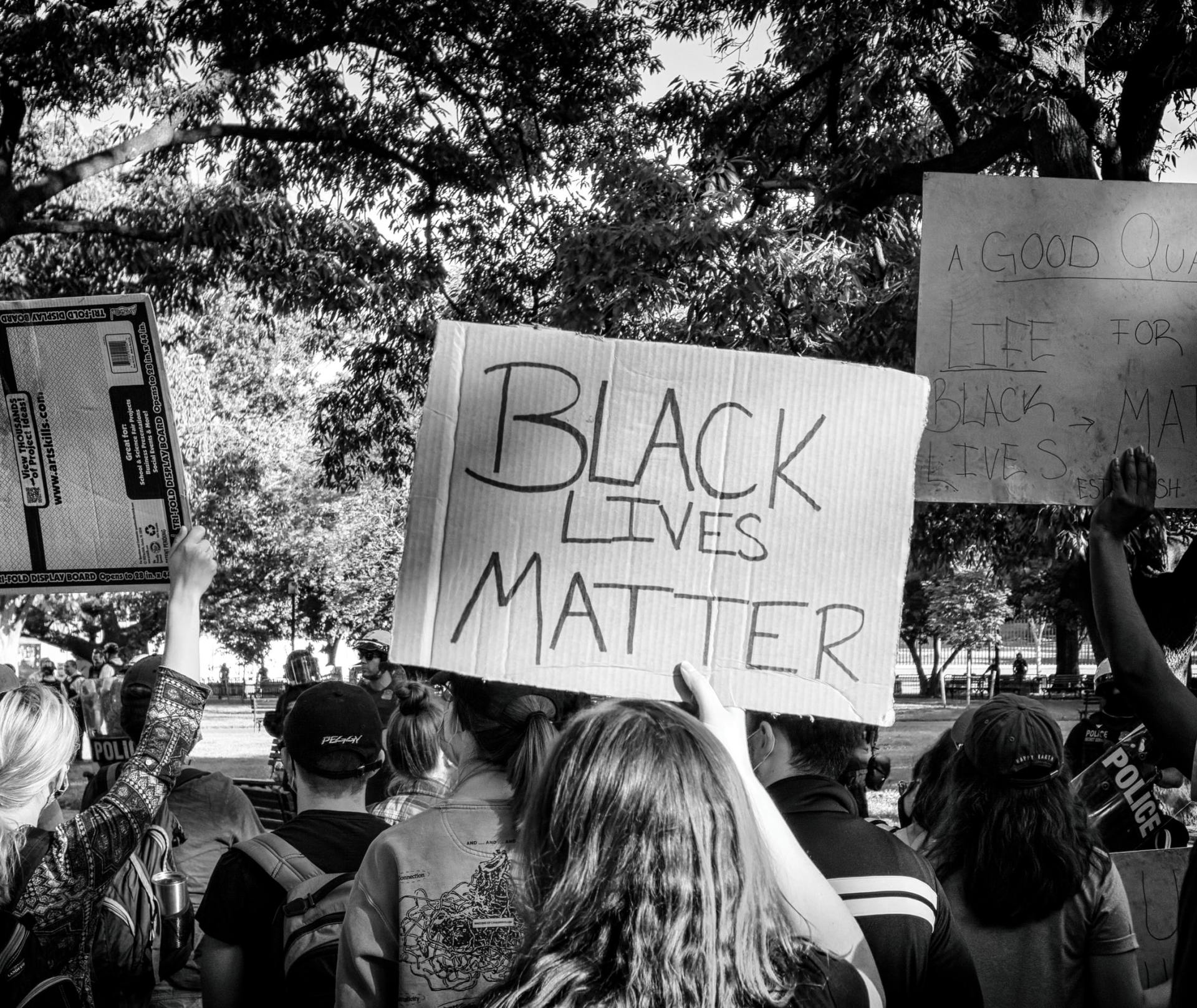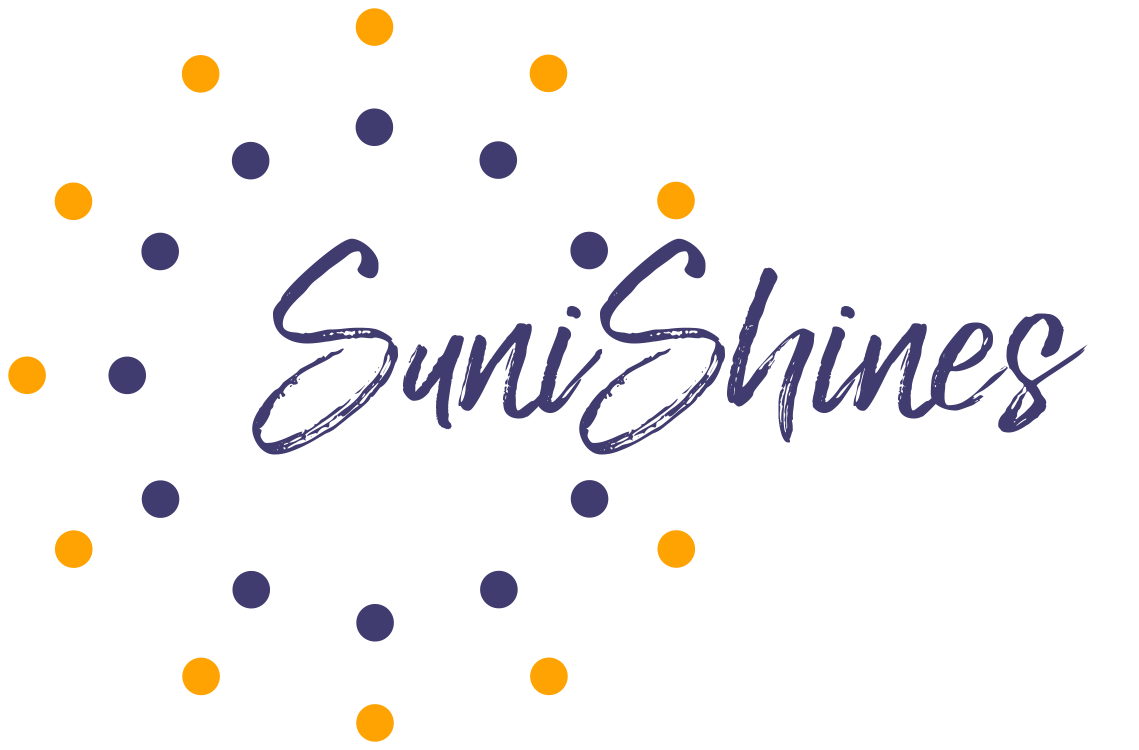By National Alliance on Mental Illness
•
November 7, 2019
The National Alliance on Mental Illness (NAMI) today released the following statement from CEO Daniel H. Gillison, Jr., regarding recent racist incidents across the country and their impact on mental health: “The effect of racism and racial trauma on mental health is real and cannot be ignored. The disparity in access to mental health care in communities of color cannot be ignored. The inequality and lack of cultural competency in mental health treatment cannot be ignored. “Our nation’s African American community is going through an extremely painful experience, pain that has been inflicted upon this community repeatedly throughout history and is magnified by mass media and repeated deaths. We stand with all the families, friends and communities who have lost loved ones senselessly due to racism. And, with more than 100,000 lives lost to the coronavirus pandemic - disproportionately from minority communities - these recent deaths add gasoline to the fire of injustice. “While there is much we need to do to address racism in our country, we must not forget the importance of mental health as we do so. Racism is a public health crisis. “As the nation’s largest grassroots mental health organization, it is our responsibility to serve all. While as an organization we are still early in our intentional Diversity, Equity and Inclusion journey and have much to do, we have renewed our commitment to our values. We continue to strive to deliver help and hope to all who need it. “NAMI stands in solidarity with everyone impacted across the country. You are not alone.” Black Mental Health Resources There are a variety of mental health resources available for people of color, but we have provided a few examples below. Please note: The resources included here are not endorsed by NAMI, and NAMI is not responsible for the content of or service provided by any of these resources. Black Emotional and Mental Health Collective (BEAM) Group aimed at removing the barriers that Black people experience getting access to or staying connected with emotional health care and healing. They do this through education, training, advocacy and the creative arts. Black Men Heal Limited and selective free mental health service opportunities for Black men. Black Mental Health Alliance - (410) 338-2642 Provides information and resources and a “Find a Therapist” locator to connect with a culturally competent mental health professional. Black Mental Wellness Provides access to evidence-based information and resources about mental health and behavioral health topics from a Black perspective, as well as training opportunities for students and professionals. Black Women’s Health Imperative Organization advancing health equity and social justice for Black women through policy, advocacy, education, research and leadership development. Boris Lawrence Henson Foundation BLHF has launched the COVID-19 Free Virtual Therapy Support Campaign to raise money for mental health services provided by licensed clinicians in our network. Individuals with life-changing stressors and anxiety related to the coronavirus will have the cost for up to five (5) individual sessions defrayed on a first come, first serve basis until all funds are committed or exhausted. Brother You’re on My Mind An initiative launched by Omega Psi Phi Fraternity, Inc. and NIMHD to raise awareness of the mental health challenges associated with depression and stress that affect Black men and families. Website offers an online toolkit that provides Omega Psi Phi Fraternity chapters with the materials needed to educate fellow fraternity brothers and community members on depression and stress in Black men. Ebony's Mental Health Resources by State List of Black-owned and focused mental health resources by state as compiled by Ebony magazine. Henry Health Provides culturally sensitive self-care support and teletherapy for Black men and their families. Currently in pilot program available only to residents of MD, VA and DC. Residents of other states can join their waiting list and will be notified when Henry Health is available in their state. Melanin and Mental Health Connects individuals with culturally competent clinicians committed to serving the mental health needs of Black & Latinx/Hispanic communities. Promotes the growth and healing of diverse communities through its website, online directory and events. Ourselves Black Provides information on promoting mental health and developing positive coping mechanisms through a podcast, online magazine and online discussion groups. POC Online Classroom Contains readings on the importance of self care, mental health care, and healing for people of color and within activist movements. Sista Afya Organization that provides mental wellness education, resource connection and community support for Black women. Therapy for Black Girls Online space dedicated to encouraging the mental wellness of Black women and girls. Offers listing of mental health professionals across the country who provide high quality, culturally competent services to Black women and girls, an informational podcast and an online support community. The SIWE Project Non-profit dedicated to promoting mental health awareness throughout the global Black community. The Steve Fund Organization focused on supporting the mental health and emotional well-being of young people of color. Unapologetically Us Online community for Black women to seek support. Self-Care For People Of Color We recognize that many mental health conditions are being triggered as a result of the coronavirus, the economic crisis and repeated racist incidents and death. Learn more about mental health conditions including anxiety disorders , depression and posttraumatic stress disorder . Article on coping with anticipatory grief Article on coping with traumatic stress Article on Racial Battle Fatigue Treatment Directories Association of Black Psychologists Directory Inclusive Therapists Innopsych LGBTQ Psychotherapists of Color Directory National Queer and Trans Therapists of Color Network Psychology Today Directory of African American Therapists Therapy for Black Men Educational Resources On Racism And Inequality Understanding The Context Of Racism And Recent Events Video on understanding racism and the reactions to the death of George Floyd and many others Video on understanding the perspectives of your colleagues of color Article on “White Privilege: Unpacking the Invisible Knapsack” List of Anti-Racism resources Understanding The Context Of Racial Inequality That Impacts Mental Health APA Best Practices on working with Black patients APA Mental Health Facts for Black Americans (2017) Understanding And Addressing The Social Determinants Of Health That Impact Mental Health Article on improving the health of Black Americans and the overdue opportunity for social justice Video on understanding the social determinants of health and toxic stress Video on the social determinants of toxic stress, specifically race and ethnic toxic stress APA Stress & Trauma Toolkit for treating Black Americans in a changing political and social environment The Robert Wood Johnson Foundation Page on Achieving Health Equity – Information about why health equity matters and what you can do to help give everyone a fair shot at being as healthy as they can be. Ways To Take Action As An Ally Or Champion For People Of Color Article on being a white ally through word, actions and power Article on being a white ally for racial justice Community based organizations to partner with: Color of Change , Black Lives Matter , Change Zero , The Innocent Project Books To Read White Fragility: Why It's So Hard for White People to Talk About Racism by Robin DiAngelo, PhD How To Be An Antiracist by Dr. Ibram X. Kendi Eloquent Rage: A Black Feminist Discovers Her Superpower by Dr. Brittney Cooper Me and White Supremacy by Layla F. Saad So You Want to Talk About Race by Ijeoma Oluo The Fire Next Time by James Baldwin The New Jim Crow: Mass Incarceration in the Age of Colorblindness by Michelle Alexander The Next American Revolution: Sustainable Activism for the Twenty-First Century by Grace Lee Boggs The Warmth of Other Suns by Isabel Wilkerson When Affirmative Action Was White: An Untold History of Racial Inequality in Twentieth-Century America by Ira KatznelsonThe new season is a great reason to make and keep resolutions. Whether it’s eating right or cleaning out the garage, here are some tips for making and keeping resolutions.




